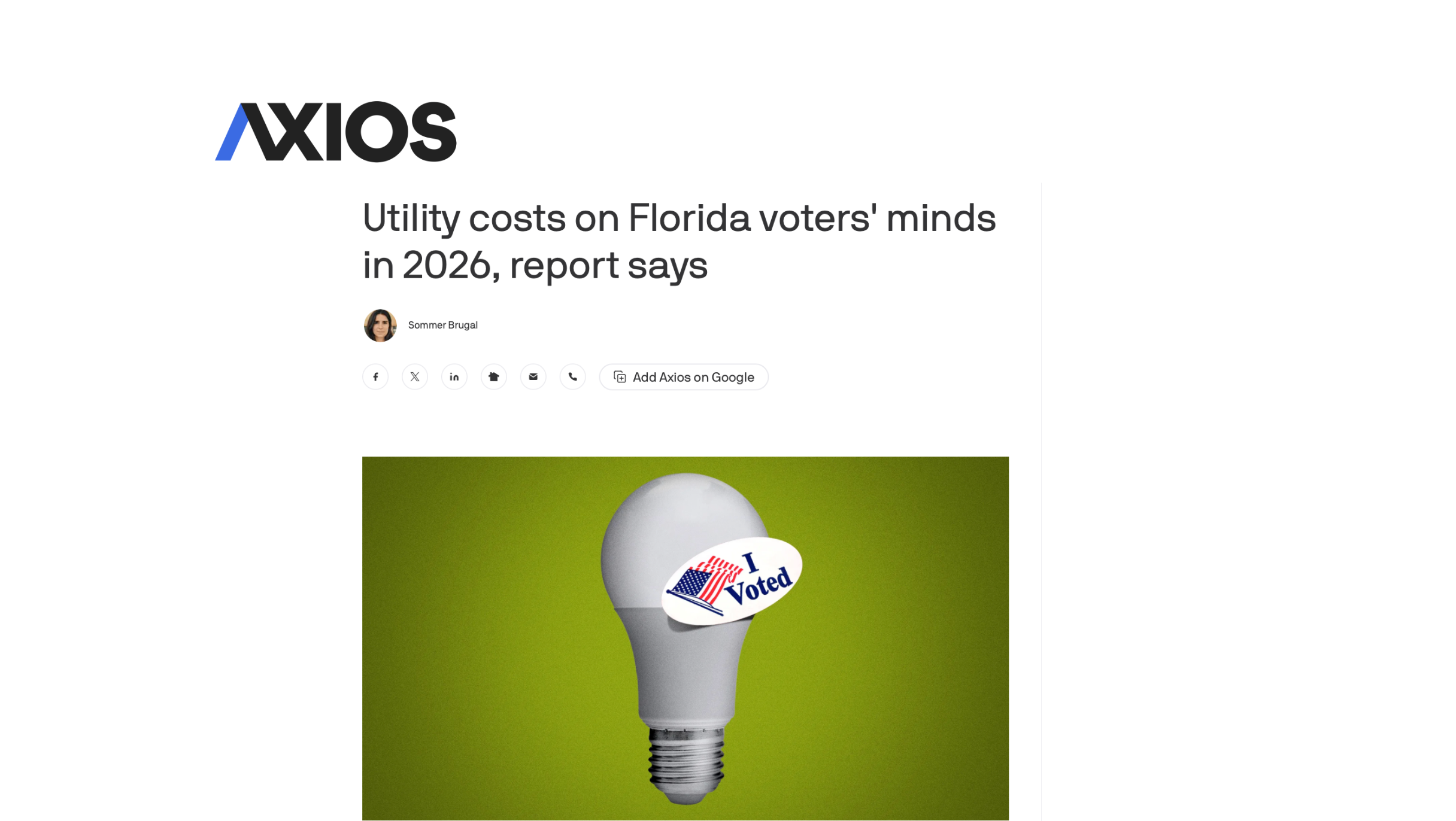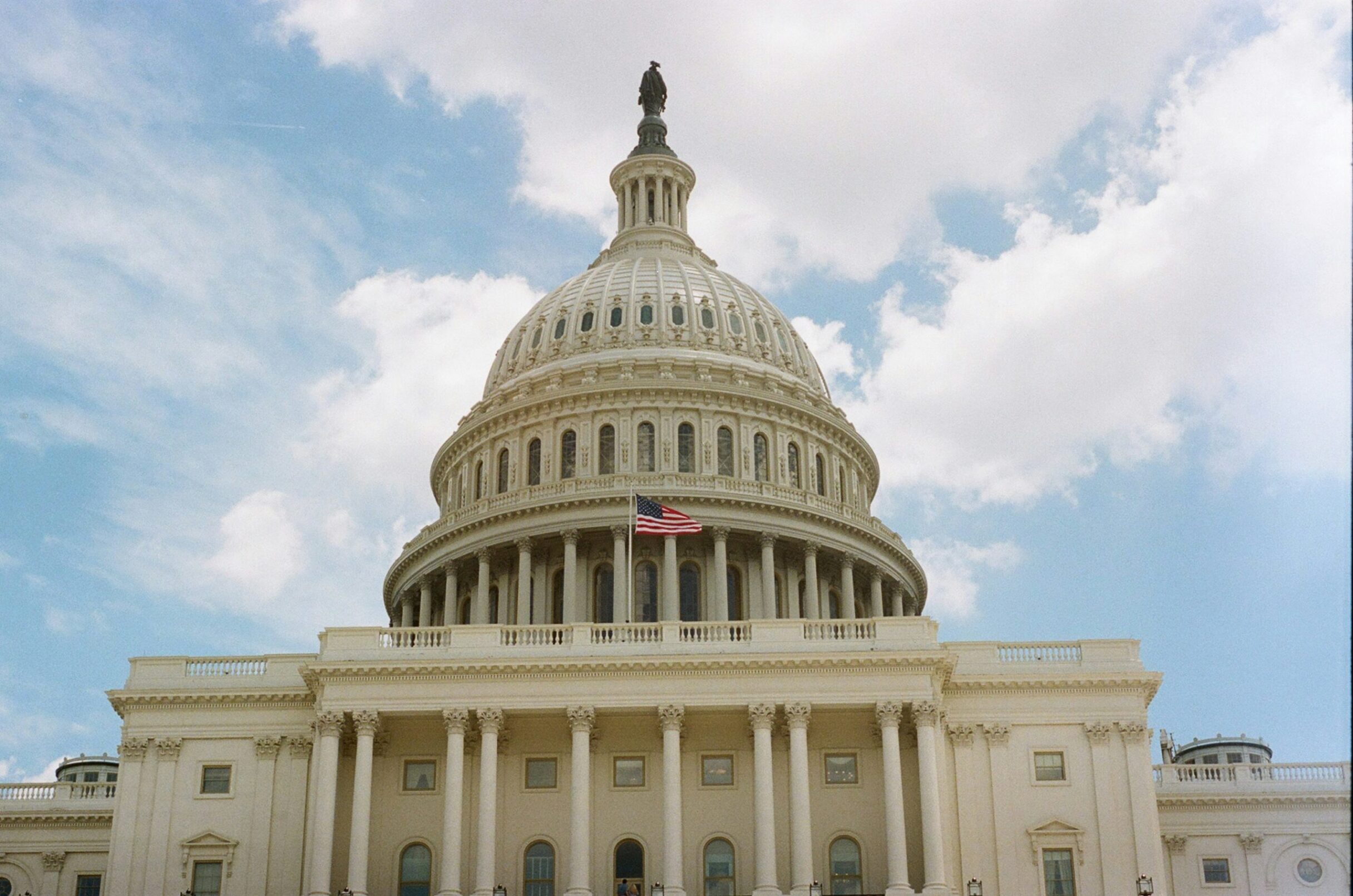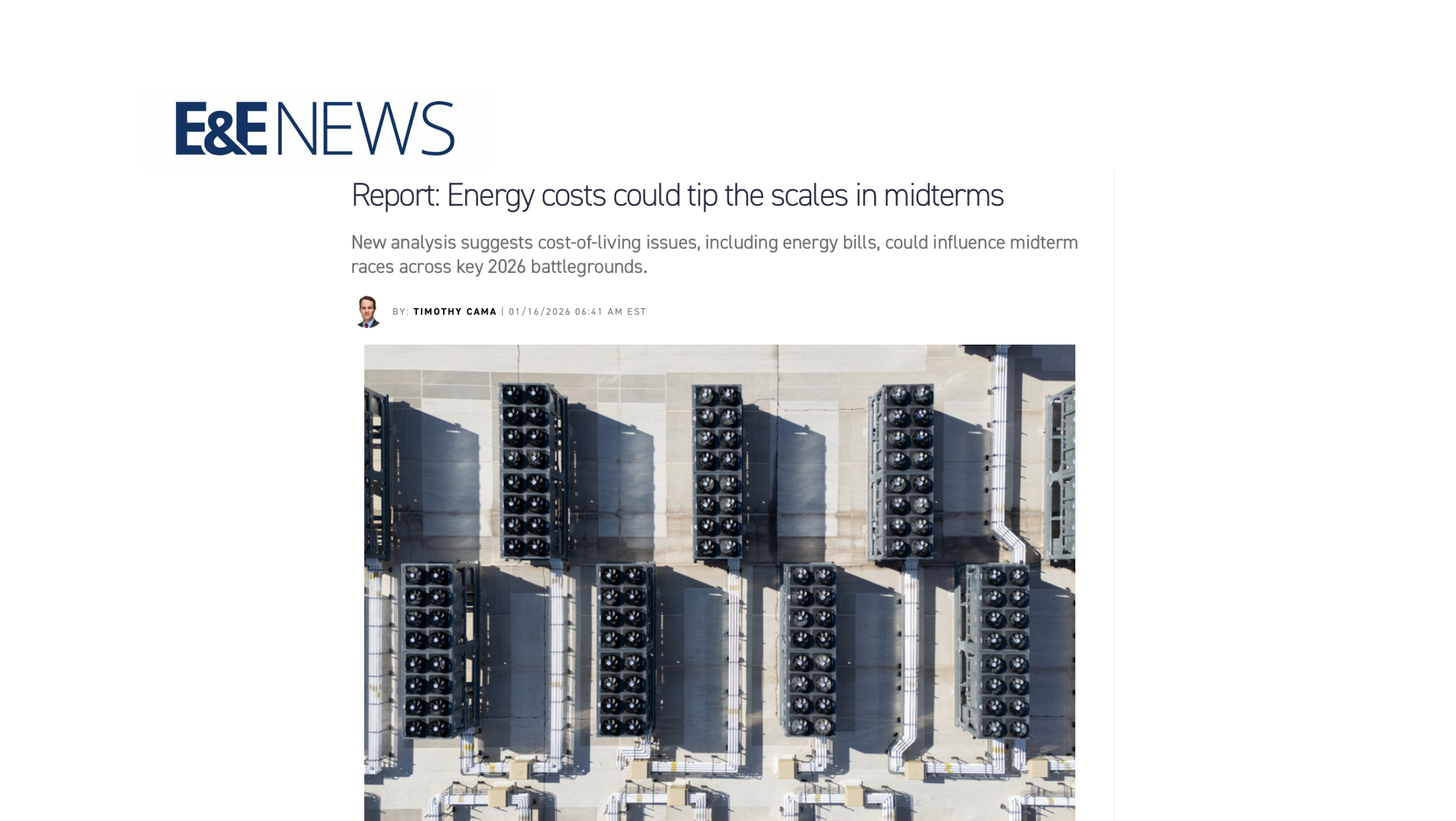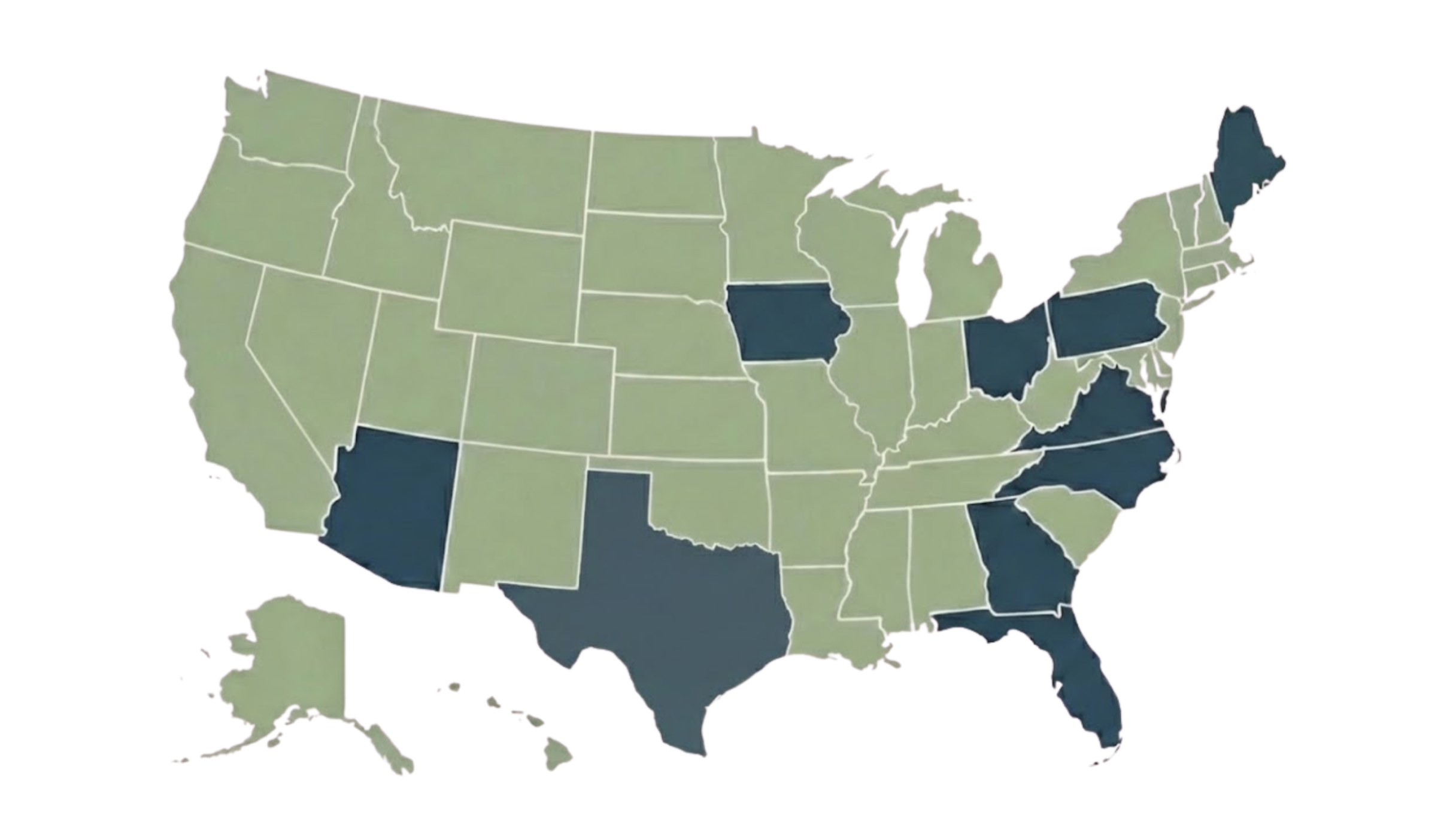About Chris:
Chris has spent nearly two decades advising high-profile leaders and shaping federal and state policies through strategic communications.
With deep experience across the electoral, legislative, and regulatory landscape, Chris has advised top-tier presidential, U.S. Senate, and gubernatorial campaigns advancing forward-thinking climate policies. He has worked with state attorneys general fighting harmful federal climate rollbacks and supported advocacy organizations accelerating the transition away from fossil fuels.
Chris served as a communications advisor to former Senate Majority Leader Harry Reid, helping to communicate about the implementation of more than $90 billion in renewable energy programs. He has also guided clients seeking inclusion of their priority policies in major federal climate legislation, including the Inflation Reduction Act, and led strategic communications efforts that helped secure a highly competitive $5 billion EPA grant.
He has worked for three U.S. Senators, most recently leading communications for Senator Cory Booker’s presidential campaign in New Hampshire before launching Echo Communications Advisors, formerly Moyer Strategies, in 2020. Chris was named one of Washingtonian’s 500 Most Influential People of 2025 for shaping climate and environment policy. His insights on climate and energy policy developments have been featured in Politico, Axios, Bloomberg, E&E News, Heatmap News, Reuters, Inside Climate News, and elsewhere.
Chris is a graduate of Boston University’s College of Communication. He lives in Maryland with his family.
To inquire about booking Chris to speak at your event, conference, panel, or podcast, please email info@echocomms.com or fill out the form below.
Chris’ Recent Publications:
Axios features a new report from Echo Communications Advisors naming Florida a top energy affordability battleground state for 2026. As utility costs and data center growth surge, energy messaging is set to define key races for Governor and U.S. Senate.
The OBBBA stripped $173 billion from clean energy tax credits to fund ICE operations, forcing voters to pay higher utility bills to subsidize a paramilitary deportation machine.
E&E News highlights a new Echo Communications Advisors report identifying 10 battleground states where energy affordability could shape the 2026 midterm elections.
As the 2026 midterms approach, energy affordability has become a top voter issue. This report highlights 10 battleground states where rising electricity bills and data center growth could shape control of Congress and key governorships.





